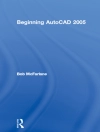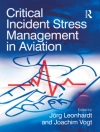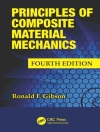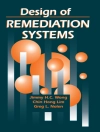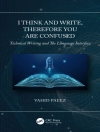Increased consumption of electronic equipment has brought with it a greater demand for rare earth elements and metals. Adding to this is the growth in low carbon technologies such as hybrid fuel vehicles. It is predicted that the global supply of rare earth elements could soon be exhausted.
A sustainable approach to the use and recovery of rare earth elements is needed, and this book addresses the political, economic and research agendas concerning them. The problem is discussed thoroughly and a multi-disciplinary team of authors from the chemistry, engineering and biotechnology sectors presents a range of solutions, from traditional metallurgical methods to innovations in biotechnology. Case studies add value to the theory presented, and indirect targets for recovery, such as municipal waste and combustion ash are considered.
This book will be essential reading for researchers in academia and industry tackling sustainable element recovery, as well as postgraduate students in chemistry, engineering and biotechnology. Environmental scientists and policy makers will also benefit from reading about potential benefits of recovery from waste streams.
Cuprins
Elemental Sustainability and the Importance of Scarce Element Recovery;
Integration of Traditional Methods for Elemental Recovery in a Zero-Waste Recyling Flow Sheet;
Ionometallurgy (Ionic Liquids in Metallurgy);
Biosorption of Elements;
Hyperaccumulation by Plants;
Anthropospheric Losses of Platinum-Group Elements;
F-Block Elements Recovery;
WEEE Waste Recovery;
Mining Municipal Waste: Prospective for Elemental Recovery
Despre autor
James H Clark is Professor of Chemistry at the University of York, and is Founding Director of the Green Chemistry Centre of Excellence and the Bio-renewables Development Centre. He started the award-winning company Starbons Ltd and he is now involved in commercialisation of novel bio-based solvents and new green technologies. He was founding scientific editor of the world-leading journal Green Chemistry. His research has led to numerous awards including Honorary Doctorates from universities in Belgium, Germany and Sweden. He has Visiting Professorships in South Africa and China, and was recently appointed as Chair-Professor at Fudan University. He has published over 500 articles (h index over 72) and written or edited over 20 books and is Editor-in-chief of the RSC Green Chemistry book series. He has received numerous awards and distinctions including the 2018 Green Chemistry prize.




